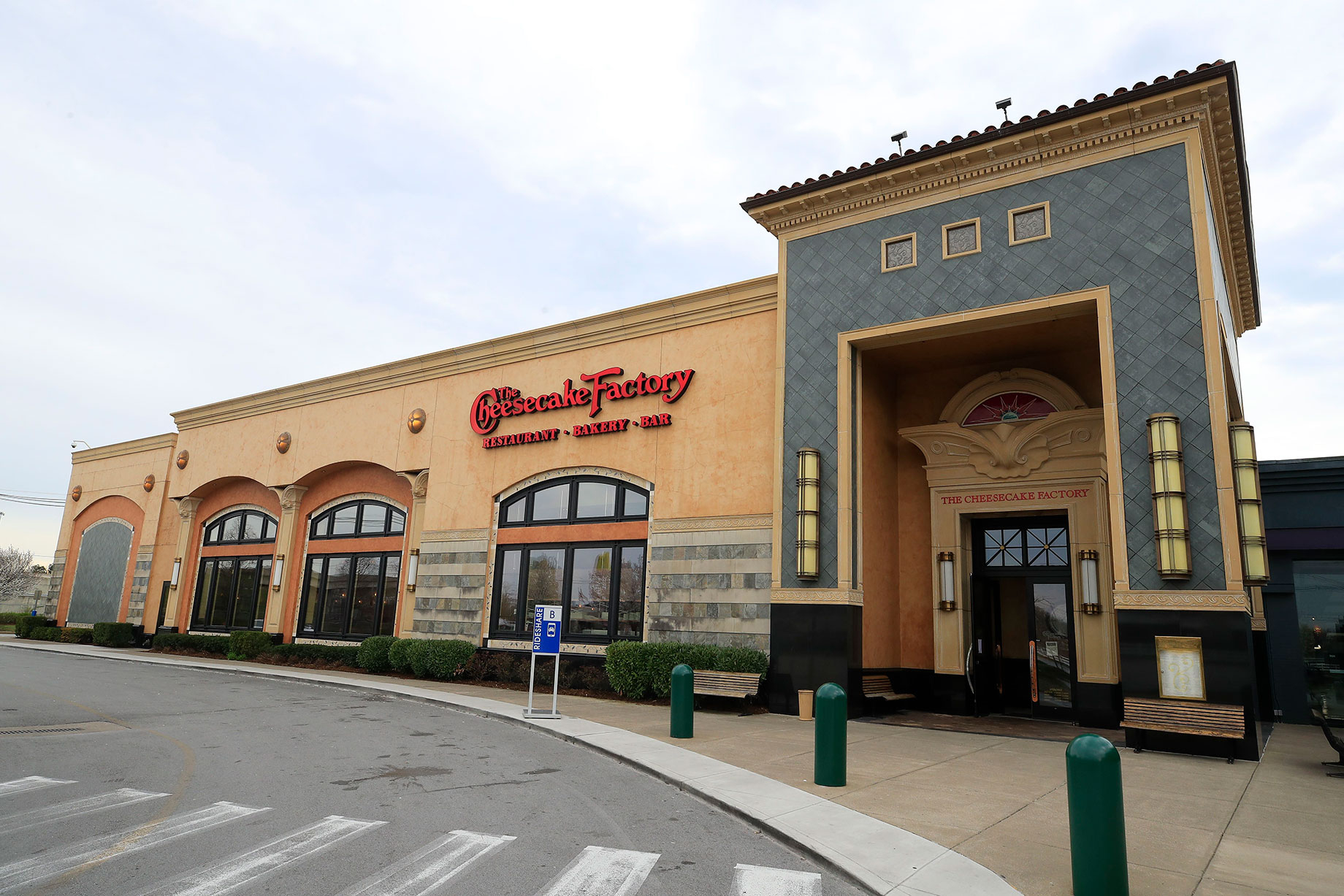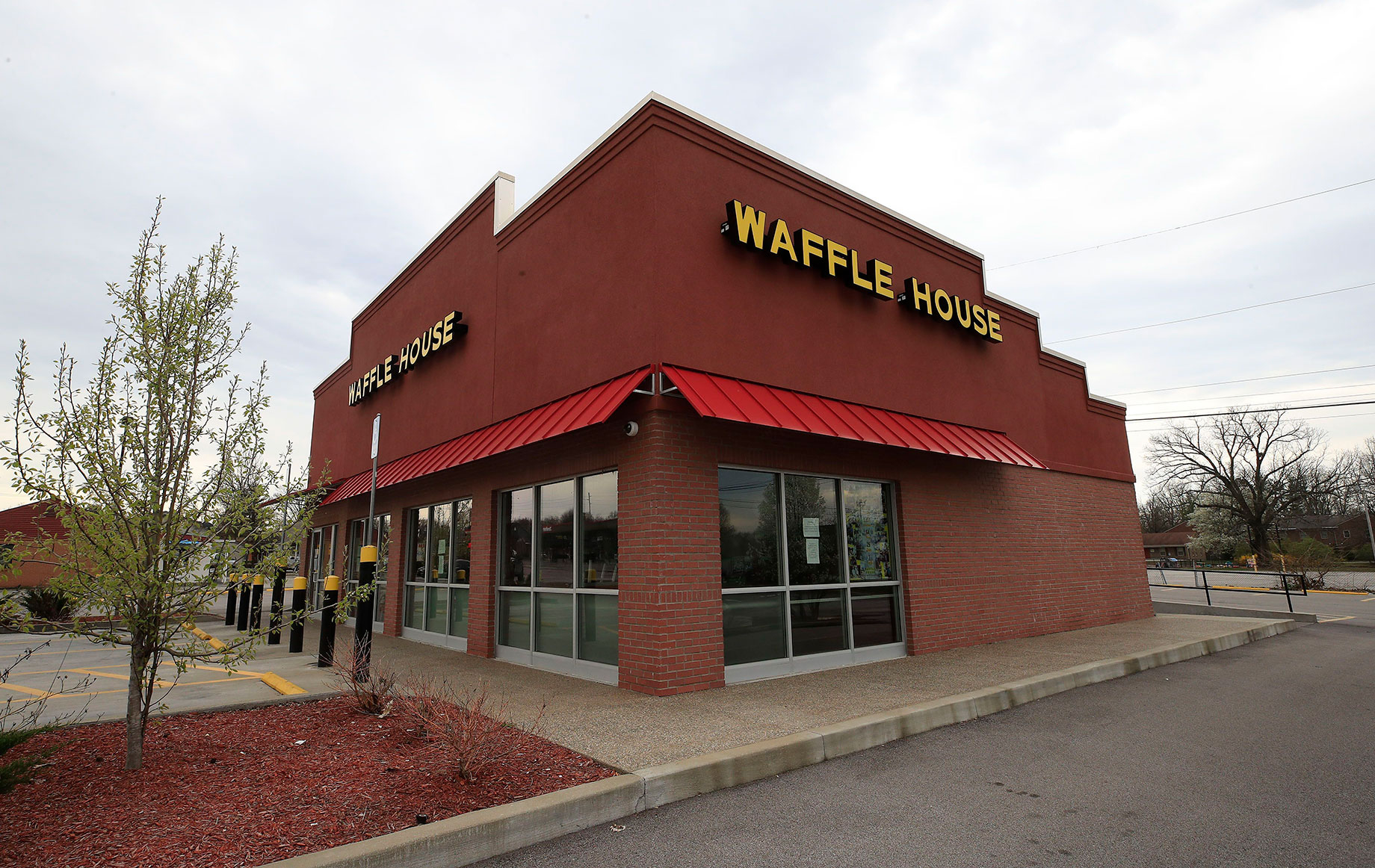How is the coronavirus affecting operations at retail centers?
Foot traffic at malls and entertainment-oriented properties is declining rapidly as consumers avoid gathering places, in part because of increasing mandates and restrictions. At the same time, sales, traffic and demand at Target, Walmart and supermarket-anchored properties is surging. According to data from financial services firm Cowen, foot traffic in stores for the week ended Friday, March 13, was down 30.7 percent year over year. And that was before the widespread temporary closures of fashion and other “nonessential” retailers.
What does COVID-19 mean for shopping centers as investments?
The good news about the recession, whether still to come or already here, is that the commercial real estate industry was in relatively good shape going into the pandemic. “Overleverage, overvaluation, oversupply have historically made real estate vulnerable to economic shock,” said Scott Crowe, chief investment strategist at CenterSquare Real Asset Investment Leadership. But these are not big issues right now, he says, as more shopping center owners have healthy balance sheets and new center openings are at a historic low. Crowe says he expects to see a 5 to 10 percent decrease in commercial property values for a short-term period, across the board.
But even as COVID-19 triggers a global economic recession, investors are likely to turn to real estate with bond yields hitting record lows. Not all property types, however, will benefit, says Crowe. The virus is expected to hurt the growth of such sectors as hotels, offices and seniors’ housing, while boosting growth in the likes of cell towers, data centers, multifamily and single-family residential rentals, he noted. “A low-interest-rate environment combined with investors flocking from volatility means real estate will be an en vogue sector with more allocations to it,” he said.
Among REITs, the pandemic will accelerate trends that were already underway, including investors showing favor to sectors other than retail. “Expect a halving in earnings growth, from 4 percent to 2 percent, among public REITs driven by hospitality and malls — though overall, the sector will still post slightly positive earnings growth,” said Crowe. “In the 2007 to 2008 period, there was lower earnings growth, because companies had weak balance sheets.”
Highly leveraged mall and shopping center REITs will need to cut dividends or tap lines of credit to stay afloat, according to Brad Thomas, a REIT analyst and contributing editor of Forbes. “If social-distancing practices are prolonged, we envision the retail REIT sector shrinking, especially the mall REITs that have already been challenged with significant store closures,” Thomas wrote in a column for Forbes. “At the end of the day, it boils down to survival of the fittest, and the weaker mall REITs could become dinosaurs much faster than expected due to this ‘black swan’ pandemic.”
One of the country’s largest owners of retail space, for its part, is sounding an optimistic note. “For us, compared to the direct hit we took on 9/11, this uncertainty and volatility feels manageable,” said Brookfield Asset Management CEO Bruce Flatt. “In 2008, with the banking system failing, real asset owners didn’t know if many lenders were going to exist in the future. Today the banking system is in far better shape. It never feels very good to have this degree of chaos, but this will pass.”

The Cheesecake Factory, in Louisville, Kentucky. The chain has announced it will not be able to pay its rent starting April 1, owing to COVID-19's effect on business
Will more retailers file for bankruptcy protection?
“Retailers have no idea when they will be able to turn the lights on again,” said Thomas. “Some companies will literally be bringing in $0 in sales for weeks on end. This will only accelerate the number of store closures, and then bankruptcies, in retail.”
Retailers with robust omni-channel capabilities — such as Dick’s Sporting Goods, Target and Walmart — are best-positioned to weather the pandemic, according to Jessica Ramirez, a retail research analyst at Jane Hali & Associates. Some brands that have announced temporary store closures, such as Nike and Lululemon Athletica, probably have their inventory “in a good place,” she said. But the virus could be more bad news for already struggling department stores, which are often the anchor tenants of malls, she noted.
How are landlords responding?
“You’ll see rent relief, conversations between landlords and tenants to defer rent,” said Crowe. “There will be a level of altruism where lenders and landlords are able to defer payments versus liquidate their tenants or their borrowers.”
Canadian mall landlord Ivanhoé Cambridge said it will grant a deferral of the rent payable by Québec-based tenants until a later date. The deferral amount will be determined, according to the respective situation of each retailer, while the deferral period will be determined as the situation evolves.
“We are implementing exceptional measures in order to respond to an exceptional situation,” said Nathalie Palladitcheff, president and CEO of Ivanhoé Cambridge. Ivanhoé Cambridge owns iconic Québec properties like the Montreal Eaton Centre and Québec City’s Place Ste-Foy.
U.S. retailers are asking for relief as well. “We have received a lot of requests for rent relief or letters informing us we won’t be receiving April rent,” said Terry Montesi, founder and CEO of Fort Worth, Texas–based shopping center firm Trademark Property Co., as reported in The Dallas Morning News. “Most landlords are comfortable deferring rent for locals or franchisees, assuming the franchisor has waived franchise fees.”

A Waffle House in Thornton, Colorado, sits empty after the chain closed at least 420 locations. Waffle House is known for staying open 24 hours a day seven days a week. Whether Waffle House is open or closed has become a barometer of the severity of disasters
How will e-commerce fare?
There has been a huge uptick in the percentage of retail sales online. New research from Quantum Metric shows that online orders surged by 108 percent year over year in February. Meanwhile, Amazon.com announced a massive increase in subscribers for its Amazon Prime delivery service. Experts say the quarantine experience may cause more consumers to try omnichannel supermarket services like buy online, pick up in store, as well as home delivery.
When will things go back to normal?
Major landlords, including Simon and Washington Prime Group, have closed all their properties through at least March 29. “Economic activity is going to normalize in the next four to eight weeks somehow,” said E. Todd Briddell, chief executive and chief investment officer of CenterSquare Investment Management. “Either we contain the virus, or we capitulate and move on,” he added, while the battle against the virus becomes a backdrop to everyday business. Briddell pointed out that about 85 percent of Starbucks stores have already reopened in China, where COVID-19 first struck late last year. “How quickly will we snap back? It depends on the ability of business to view this as a short shock. That will be the difference between a pause and a liquidation of labor and assets.”
By Brannon Boswell
Executive Editor, Commerce + Communities Today


